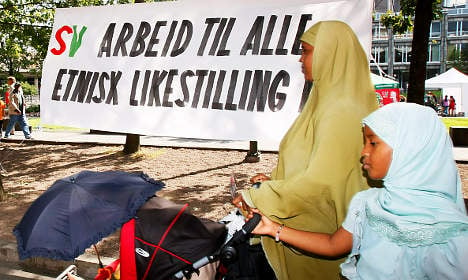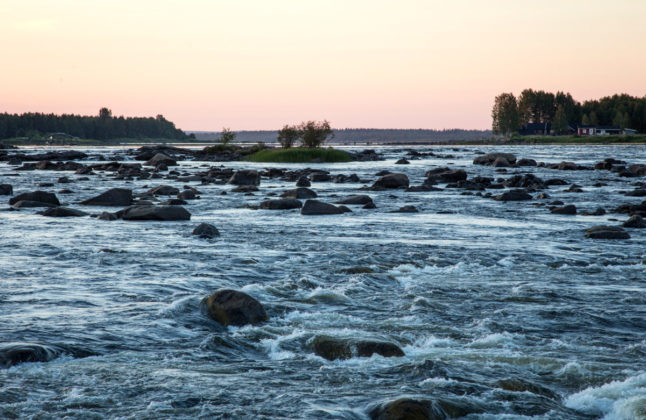Applicants with Pakistani names stand a 25 percent lesser chance of getting called to an interview, the study found.
“This tells me we have a serious discrimination problem in Norwegian working life,” Equality Minister Audun Lysbakken told news agency NTB.
The study was carried out jointly by Arnfinn H. Midtbøen from the Institute for Social Research (ISF) and Jon Rogstad from the Institute for Labour and Social Research (Fafo).
The researchers sought to examine discrimination in the workplace by sending out 1,800 fictitious job applications in response to real job ads in six different lines of business.
For each ad, the researchers replied with one application using a Norwegian name and another using a Pakistani-sounding name. The fictitious applicants were given near-identical profiles in terms of age, skills and work experience.
All of the would-be applicants fulfilled them minimum criteria for the job and had perfect, native-level Norwegian language skills.
The report found that men with Pakistani names are more often discriminated against than woman and that private sector employers are more likely than their public sector counterparts to reject an applicant with a Pakistani name.
“The report shows that we can leave behind any questions as to whether we have a discrimination problem and instead focus on what we can do about it,” said Lysbakken.
The minister added that he was angry and concerned at what he referred to as reality’s way of allocating quotas.
Lysbakken said Norwegian society had failed badly in providing equality of opportunity to well-educated young people who had been born in Norway to immigrant parents.



 Please whitelist us to continue reading.
Please whitelist us to continue reading.
Member comments